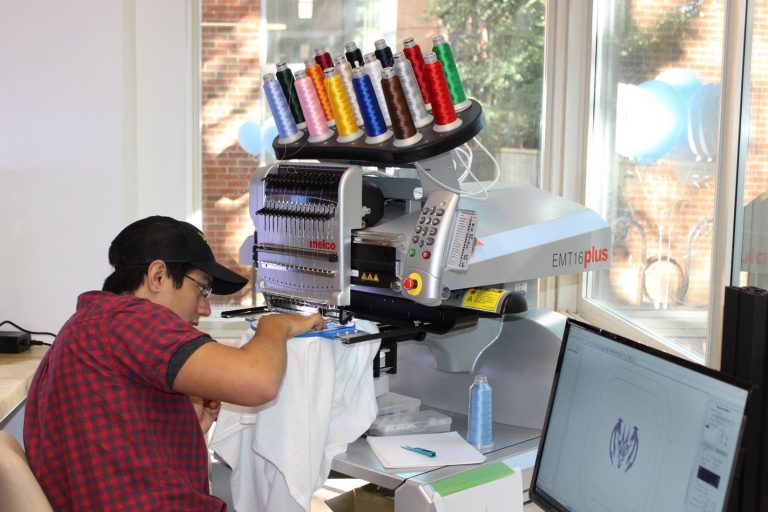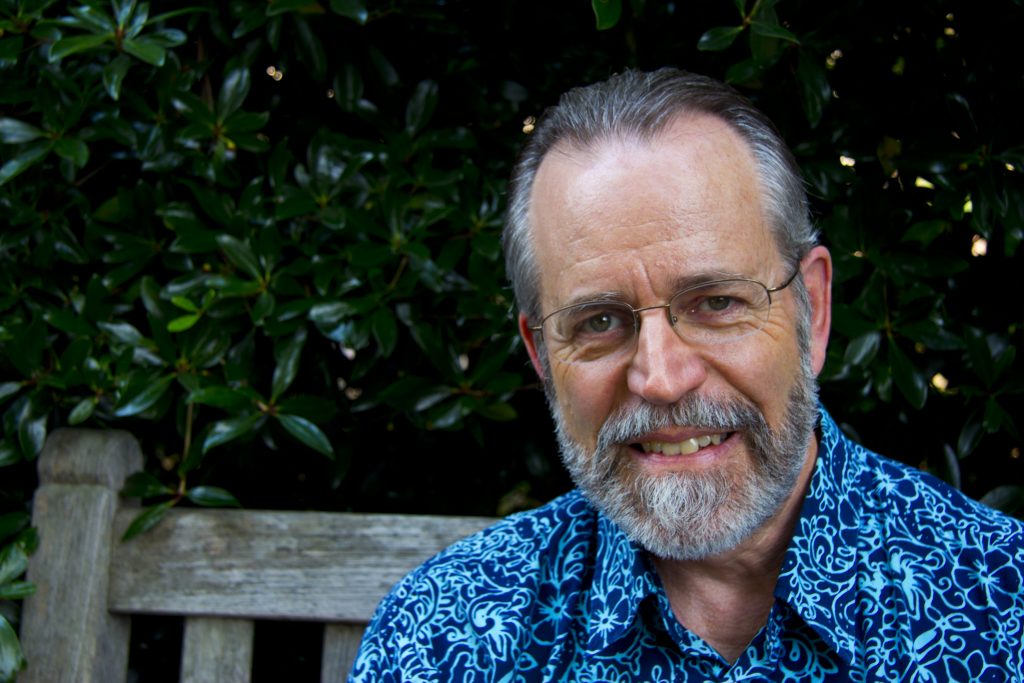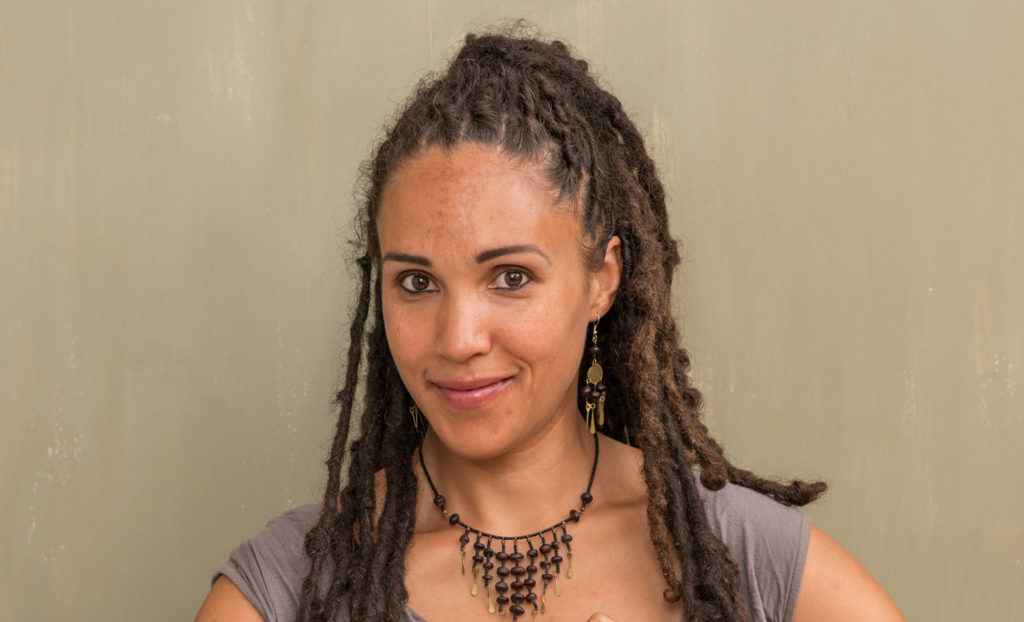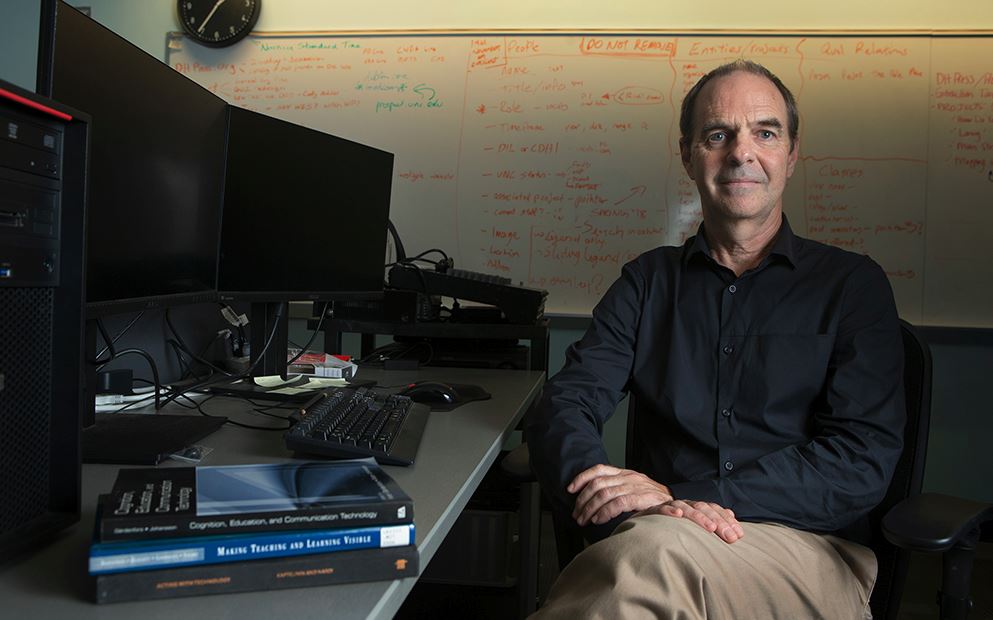Sarah Stroud, the new director of the UNC Parr Center for Ethics, brings a passion for connecting scholarly work on ethical issues with public engagement. She said she is “thrilled to be taking the reins of such a dynamic center, already overflowing with student and faculty energy and enthusiasm.” We recently chatted with her about her own research on moral philosophy, the on-campus programming and community outreach efforts of the Parr Center, and one of its signature events, the High School Ethics Bowl.

Q: How did you gain an interest in ethics and moral philosophy?
A: I think that as human beings we are all concerned with what is perhaps the central question of ethics, namely how to seek and attain a fulfilling life for ourselves while also giving others appropriate respect and concern. In graduate school, I was drawn to the conceptual clarity that philosophy strives for and to the kind of analytical approach it takes, breaking problems down into more bite-sized chunks for easier treatment and then putting the pieces back together to reach a more global answer. I also found that I could seize students’ interest by connecting the kind of thinking we were trying to encourage with problems any human being will have encountered and considered.
Q: How does the Parr Center for Ethics address ethical problems?
A: The Parr Center provides a hub for non-partisan, reasoned discussion of serious ethical issues. Our programming is diverse, including an on-campus speaker series that addresses issues from the ethics of fiction writing to the ethics of autonomous vehicles (see below), and a startling array of community outreach programs. We’ve twice been awarded the American Philosophical Association’s Award for Excellence and Innovation in Philosophy Programs for this reason. We’re also proud to be the founder, host and primary organizer of the National High School Ethics Bowl, held here on campus each spring.
All of these vibrant programs grow out of the amazing research and teaching done here at UNC.
We’re always on the lookout for new partnerships, so if readers have ideas for new ethics-related programming, please contact us!
Q: What are some ways that the Parr Center engages with the community?
A: Currently, Parr Center affiliates (including UNC Philosophy faculty, graduate students, and specially trained undergraduates) lead approximately 200 discussions in the local community each year.
We work with people of all ages. Our activities can range from picture book discussions for children on topics like courage, individuality, emotions, and imagination, to organized reading groups for senior citizens, to workshops on ethics in the workplace.
Through these programs, our goal is to encourage people in the community to reflect on their beliefs and values, and to think more deeply and carefully about a broad range of ideas, commitments, values and practices that regularly shape their lives.
Q: The High School Ethics Bowl plays a major role in the Parr Center’s work. What can high school students gain by examining ethical questions?
A: The High School Ethics Bowls, regional and national, are two of the most exciting events we host every year, attracting high school students from all over North Carolina (for the regional in the winter), and from all over the nation (for the national in the spring). The National High School Ethics Bowl’s goal is to do more than teach students how to think through ethical issues: it’s to teach students how to think through ethical issues together, as fellow citizens in a complex moral and political community. They gain confidence, skills and interest in public speaking, civic engagement, critical thinking, and collaboration. Students also gain essential skills in moral judgement, deliberation, and working productively and respectfully through disagreements — essential democratic skills that are often praised, but too rarely cultivated and practiced.
Q: What do you wish to accomplish as the director of the Parr Center?
A: I want to build on the incredible successes and impacts the Parr Center already has on campus and in the community. I would love to be able to expand and intensify our Undergraduate Fellows program. I would also like to see the Parr Center play a key role in connecting the ethics-related teaching and research already being done across our campus, in the College and beyond.
In the community, I would love to see us able to direct more outreach programming toward underserved populations who might be less able to take advantage of what we have to offer. At the other end of the spectrum, I am excited to work out a way for the Parr Center to interact fruitfully with decision-makers in society and on the national stage.
I always want to be sure to maintain a two-way street between the research, scholarship and teaching carried out at UNC and the public-facing activities of the Parr Center. A great research university like UNC is the ideal place to house an ethics center that will model and foster the best kind of ethical thought and reflection.
Learn more about Parr Center events.
Interview by Lauryn Rivers ’21




